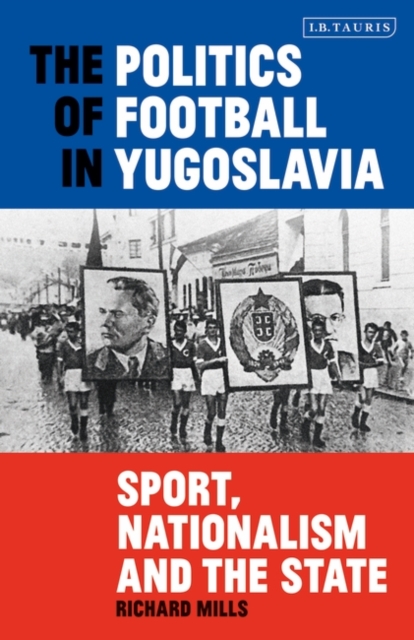CITESTE MAI MULT
Detalii
Descriere RO
Even before Tito's Communist Party established control over the war-ravaged territories which became socialist Yugoslavia, his partisan forces were using football as a revolutionary tool. In 1944 a team representing the incipient state was dispatched to play matches around the liberated Mediterranean. This consummated a deep relationship between football and communism that endured until this complex multi-ethnic polity tore itself apart in the 1990s. Starting with an exploration of the game in the short-lived interwar Kingdom, this book traces that liaison for the first time. Based on extensive archival research and interviews, it ventures across the former Yugoslavia to illustrate the myriad ways football was harnessed by an array of political forces. Communists purposefully re-engineered Yugoslavia's most popular sport in the tumult of the 1940s, using it to integrate diverse territories and populations. Subsequently, the game advanced Tito's distinct brand of communism, with its Cold War-era policy of non-alignment and experimentation with self-management. Yet, even under tight control, football was racked by corruption, match-fixing and violence. Alternative political and national visions were expressed in the stadiums of both Yugoslavias, and clubs, players and supporters ultimately became perpetrators and victims in the countries' violent demise.
In Richard Mills' hands, the former Yugoslavia's stadiums become vehicles to explore the relationship between sport and the state, society, nationalism, state-building, inter-ethnic tensions and war. The book is the first in-depth study of the Yugoslav game and offers a revealing new way to approach the complex history of Yugoslavia.
EdituraBloomsbury Publishing PLC
Dimensiuni139 x 216 x 28
Data Publicarii19/09/2019
Format
Necartonata
Numar pagini416
Aceasta este o carte in limba engleza. Descrierea cartii (tradusa din engleza cu Google Translate) este in limba romana din motive legale.
Chiar inainte ca Partidul Comunist al lui Tito sa stabileasca controlul asupra teritoriilor devastate de razboi, devenite Iugoslavia socialista, fortele sale partizane foloseau fotbalul ca instrument revolutionar. In 1944, o echipa care reprezenta statul incipient a fost trimisa sa joace meciuri in jurul Mediteranei eliberate.

